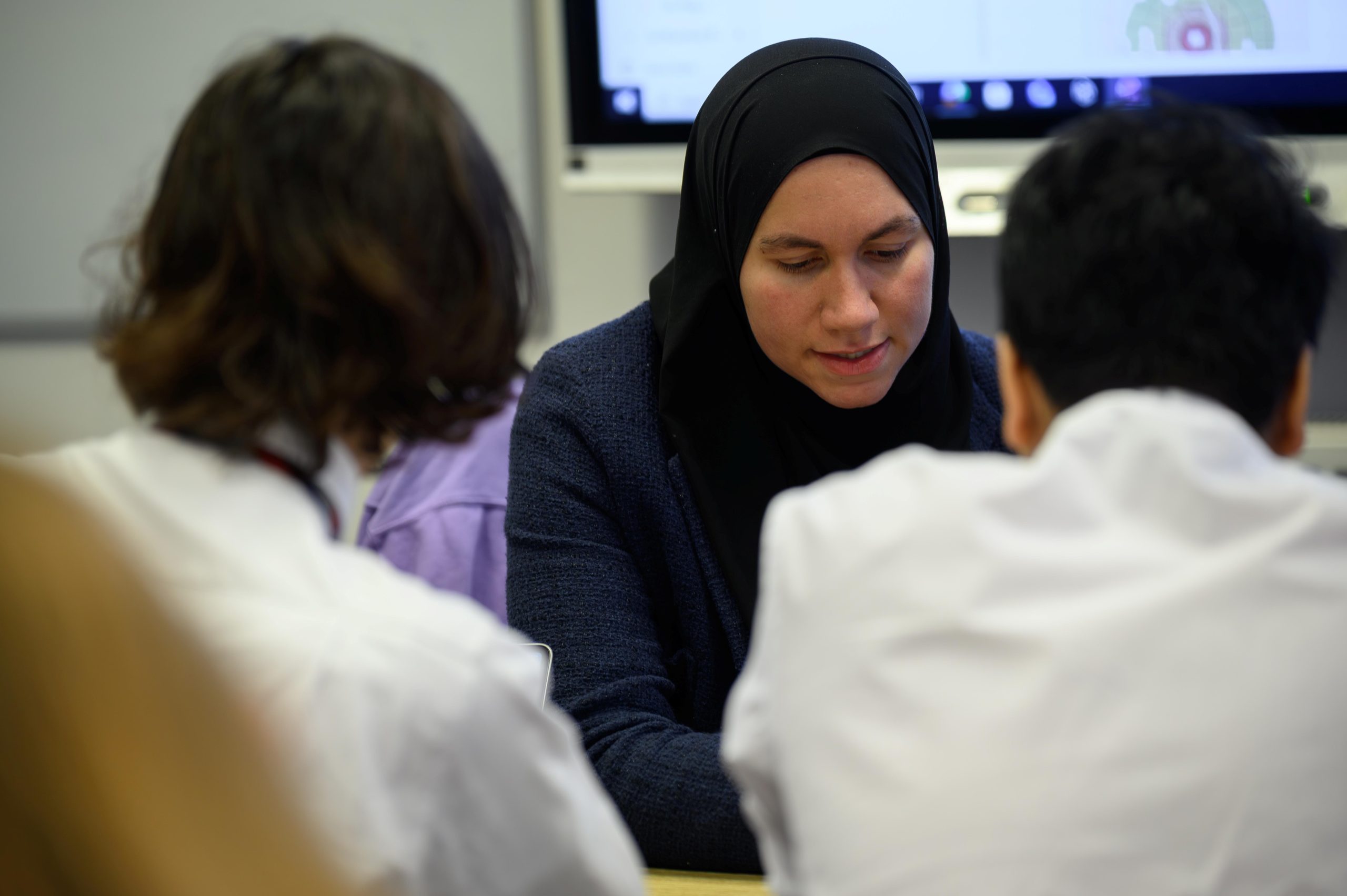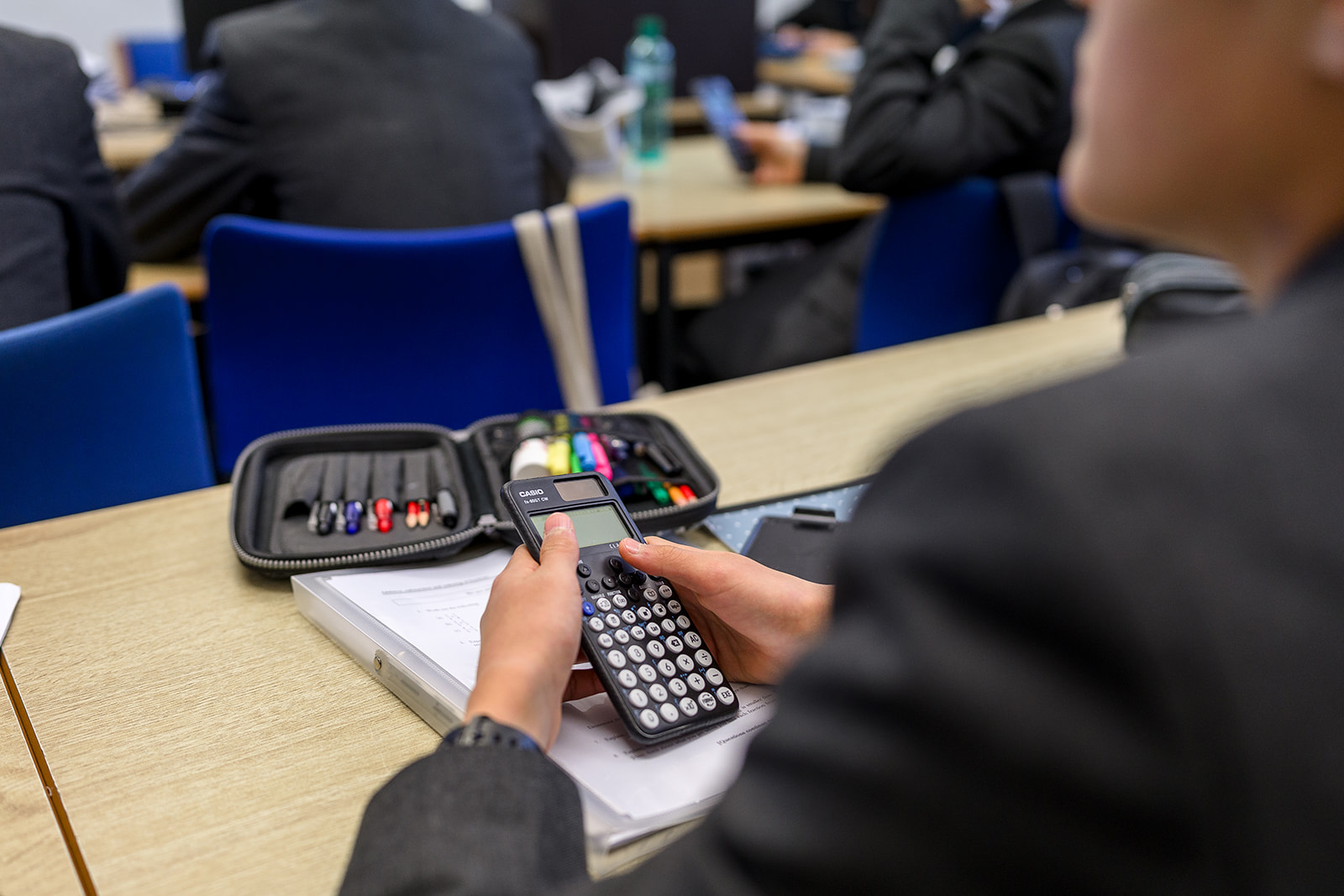The Learning Development department works with pupils to:
- develop understanding of metacognition, the most effective ways to learn and how to revise
- build confidence and skills, particularly in the fields of executive function and effective study habits
- support specific SENDs, including dyslexia, dyspraxia, ADHD and ASC, sensory impairment and medical issues which may impact on learning
- support university applications of SEND pupils, their transition to Higher Education and working life
We deliver assemblies, workshops for pupils, and – for those who need additional intervention to make good progress – individualised academic mentoring. We provide screening and diagnostic assessments for SEND. We call on the support of external experts, physicians, assessors and agencies to offer any specialist support that we cannot provide in-house.
The Learning Development department works with parents to:
- ensure that we are fully apprised of any challenges confronting the pupil
- triangulate the efforts and expertise of all those involved to best support the pupil, in and out of school
- agree, activate and review a plan of support
We achieve these aims by working closely with the Housemaster who remains the primary point of contact with the parents. At times of decision-making and review, we arrange a meeting with the pupil, parents, housemaster and relevant members of the pastoral team so that we can reflect together and agree the best way forward.
The Learning Development department works with teachers to:
- develop adaptive teaching strategies, based on educational research
- develop strategies to build the confidence and the effective study habits of all pupils
- support pupils with an identified SEND and those who present a profile of need
- identify those who may have a SEND
- agree on reasonable adjustments and access arrangements
Teachers are supported in their work with SEND pupils by regular CPD opportunities and strong professional relationships across the School.


